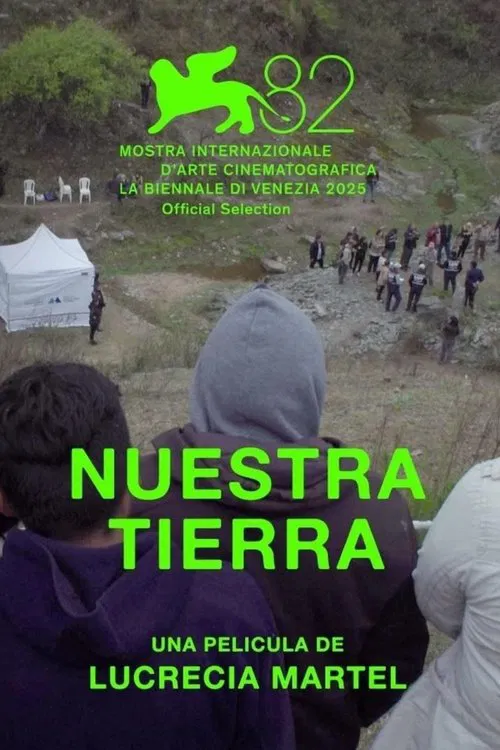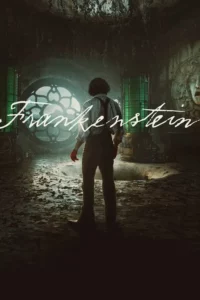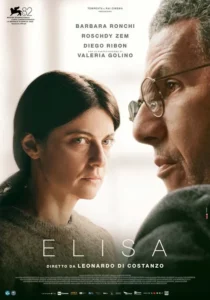A film by Lucrecia Martel
In 2009, a man and two accomplices try to evict members of the Indigenous community of Chuschagasta in northern Argentina. Claiming ownership of the land and armed with guns, they kill the community’s leader, Javier Chocobar. The murder is caught on video. It takes nine years of protests before court proceedings are finally opened in 2018. During all this time, the killers remain free. The film combines the voices and photographs of the community with courtroom footage to explore the long history of colonialism and land dispossession that led to this crime.
Our rate: *(*)
Lucrecia Martel returns with an important subject, which she treats with elegance. Nuestra Tierra examines a local issue with international resonance (the question of ancestral land, borders, but also post-colonial management) by intertwining the trial and the portrait of a people and their homeland. Both the trial and the film take the time to listen, to give everyone a voice, and colonial reflexes naturally resurface, as do buried traumas, injustices, and corruption. The film also shows, somewhat unwittingly, another side, that of the deep integration of the “natives” in Argentina, a country that has since become their own. The fact that the trial was filmed influenced both the verdict and the behavior of the defense, which was relatively unapologetic (the trial took place long after the events, with white people accused of killing an Indian man who, along with his community, opposed mining and ultimately their expropriation). Proof of this is that, although the defendants were initially given heavy sentences, the judgment was subsequently revised, and the main murderer ultimately received only one year in prison, as we learn from the final credits. Interesting, fairly fluid, respectful, but cinematographically relatively tame for the director of Cinéaga, even though the trial itself is reminiscent of some great courtroom dramas in the way it is conducted and filmed, and in the moral questions it raises (12 Angry Men, for example).










Be First to Comment